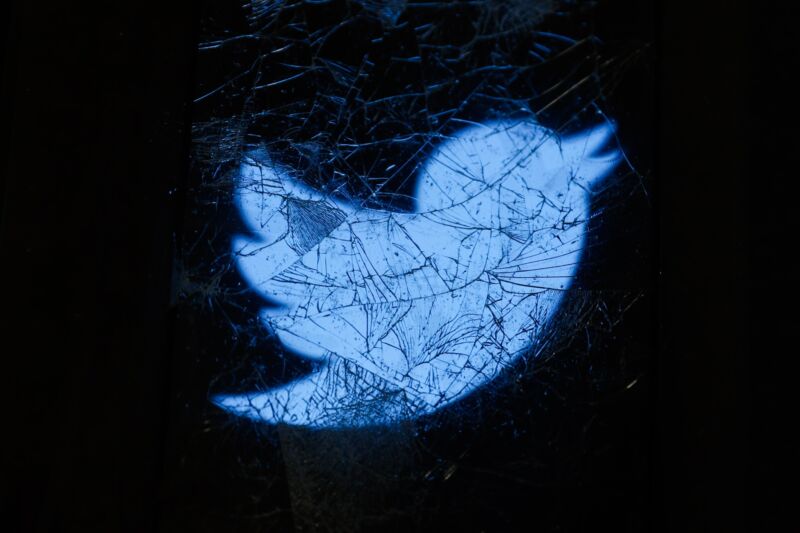
A European regulator today reportedly threatened Elon Musk with a continent-wide ban on Twitter if the company fails to enforce content moderation rules required by the Digital Services Act. Also today, Twitter claimed it hasn't changed any policies—even though it stopped enforcing rules against COVID misinformation.
"As we carry out this work, we want to assure you of a few things: First, none of our policies have changed," Twitter wrote in a blog post titled, "Twitter 2.0: Our continued commitment to the public conversation."
Twitter made this claim just a week after the major reversal in how it handles COVID misinformation. "Effective November 23, 2022, Twitter is no longer enforcing the COVID-19 misleading information policy," Twitter said. We wrote about the change yesterday.
A very literal interpretation of Twitter's "none of our policies have changed" claim might say it's technically accurate—instead of rewriting the COVID misinformation policy, Twitter just stopped enforcing it. But that's a big change in how content is moderated, and the reversal of the ban on former President Donald Trump and other controversial users signals a different approach to rules enforcement under Musk's ownership.
Today's "Twitter 2.0" blog post went on to say: "Our approach to policy enforcement will rely more heavily on de-amplification of violative content: freedom of speech, but not freedom of reach."
EU warnings
Meanwhile, EU Commissioner Thierry Breton in a video meeting warned Musk about complying with European Commission rules. "There is still huge work ahead, as Twitter will have to implement transparent user policies, significantly reinforce content moderation and protect freedom of speech, tackle disinformation with resolve, and limit targeted advertising," Breton told Musk, according to a Reuters article.
"Musk and Breton agreed the EU will carry out a 'stress test' at Twitter's headquarters in early 2023 to assess Twitter's compliance with EU rules," Reuters wrote.
According to the Financial Times, "Breton told Musk that Twitter must adhere to a checklist of rules, including ditching an 'arbitrary' approach to reinstating banned users, pursuing disinformation 'aggressively' and agreeing to an 'extensive independent audit' of the platform by next year."
The Financial Times cited "people with knowledge of the conversation," while the quote in the Reuters article came from a readout of the conversation provided by Breton. "Musk was warned that unless he stuck to those rules Twitter risked infringing the EU's new Digital Services Act, a new law that sets the global standard for how Big Tech must police content on the Internet. Breton reiterated Twitter could face a Europe-wide ban or fines of up to 6 percent of global turnover if it breached the law," the FT article said.
Musk reportedly told Breton that the Digital Services Act is "very sensible." One of "the EU's demands is that Musk provides clear criteria on which users are at risk of being banned," the FT wrote. With Trump, Musk restored the account after polling Twitter users.
Twitter: Moderation team “strong and well-resourced”
Twitter's blog post tried to ease concerns that a lack of staff will prevent proper content moderation. "Our Trust & Safety team continues its diligent work to keep the platform safe from hateful conduct, abusive behavior, and any violation of Twitter's rules. The team remains strong and well-resourced, and automated detection plays an increasingly important role in eliminating abuse," the company said.
As previously reported, layoffs and resignations gutted the Twitter team responsible for policing child sexual abuse material.
Twitter's former head of trust and safety, Yoel Roth, yesterday said he resigned because Musk rules by "dictatorial edict," and that mass layoffs and resignations harm Twitter's ability to block harmful content. Roth said automated systems cannot entirely replace human review and that he doesn't think Twitter has "enough people left at the company who can do that work to keep pace" with malicious campaigns.
Roth also said the COVID "policy change is really bad and damaging."
reader comments
372